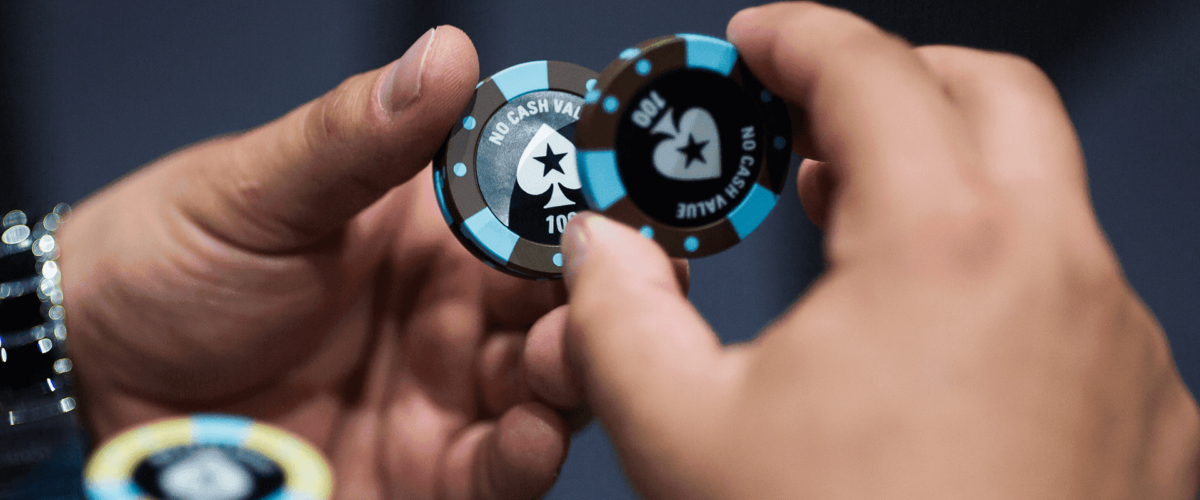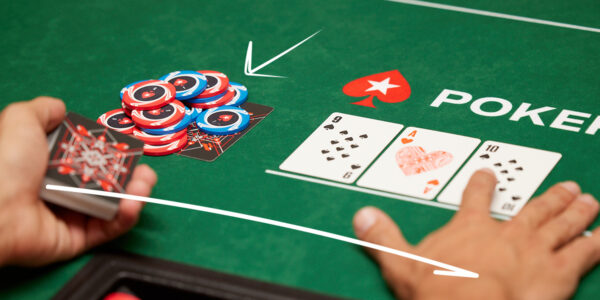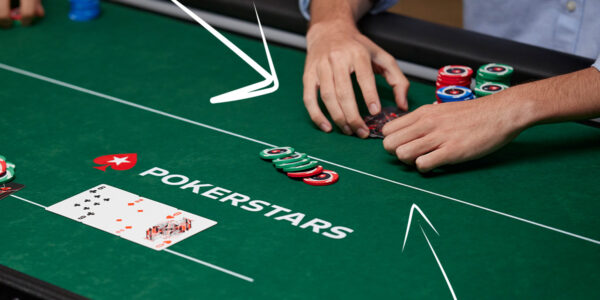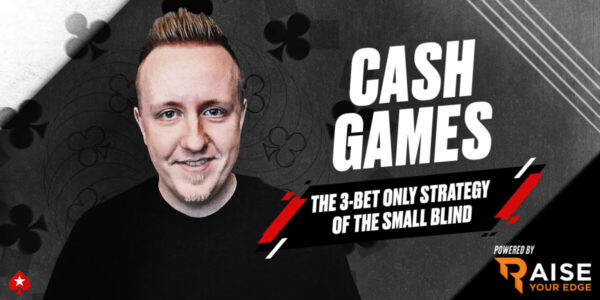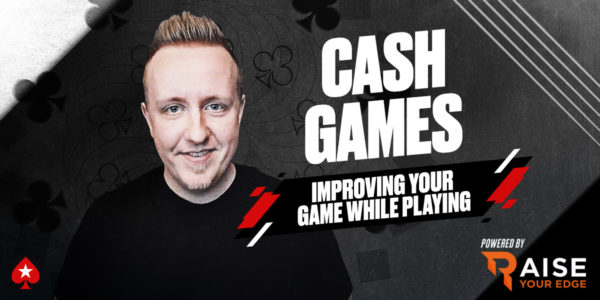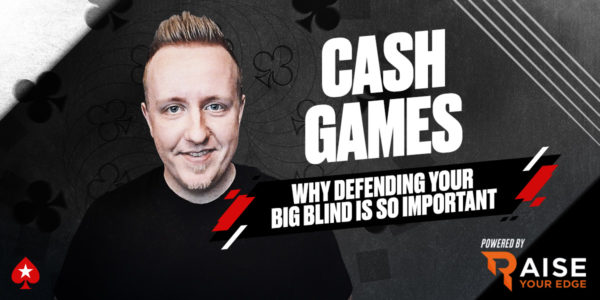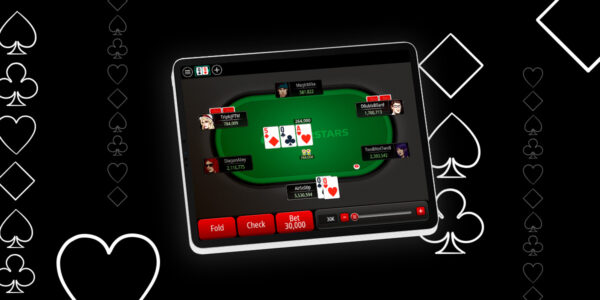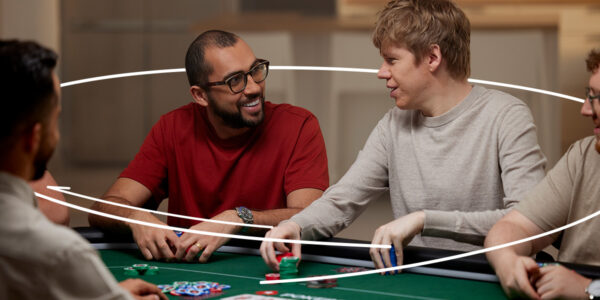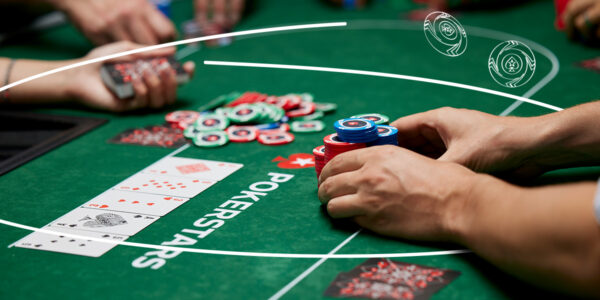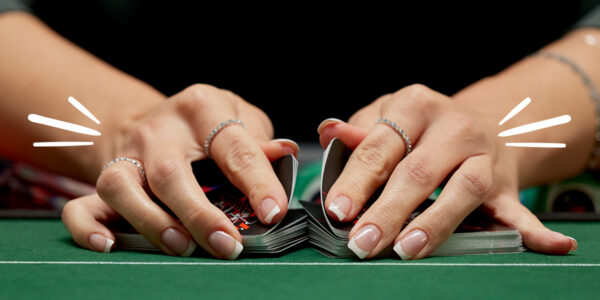3 Tips for Adapting to 2NL and 5NL Cash
A lot of the training material out there will teach you the foundations of conventionally solid play. You will learn about how to build bluffing ranges on the river; use blockers to choose a specific bet-size; and how to develop a solid 4-Bet range in a late position pre-flop battle. The problem is that such technical game theory ideas miss the mark somewhat at the smaller stakes, where the average player starts his or her poker journey. In this article, we take a look at five reliable exploitative ideas, the implementation of which can yield a large advantage at the micro-est of the stakes. Adaptations such as these can help facilitate a swift journey out of the baby stakes, allowing you to implement the more theoretical stuff in a more meaningful game.
Be Value Heavy on Blank Turns and Rivers
Being ‘value heavy’ means making sure your range for betting or raising is mostly made up of strong hands. Due to the insignificance of the money at stake in 2NL-5NL cash games, many recreational players join these games simply for fun. These players generally dislike folding – and who can blame them – it’s boring! Combine this disregard for the monetary value of chips with a desire for action, and then add a lack of strategic understanding to the mix, and what you get is a player who would rather not fold unless given a strong reason. Such a reason for such a player might be an overbet, a flush completing river, or an overcard to his pair. One situation that certainly does not yield any of these things is a blank turn or river card rolling off after this opponent has called the previous street.
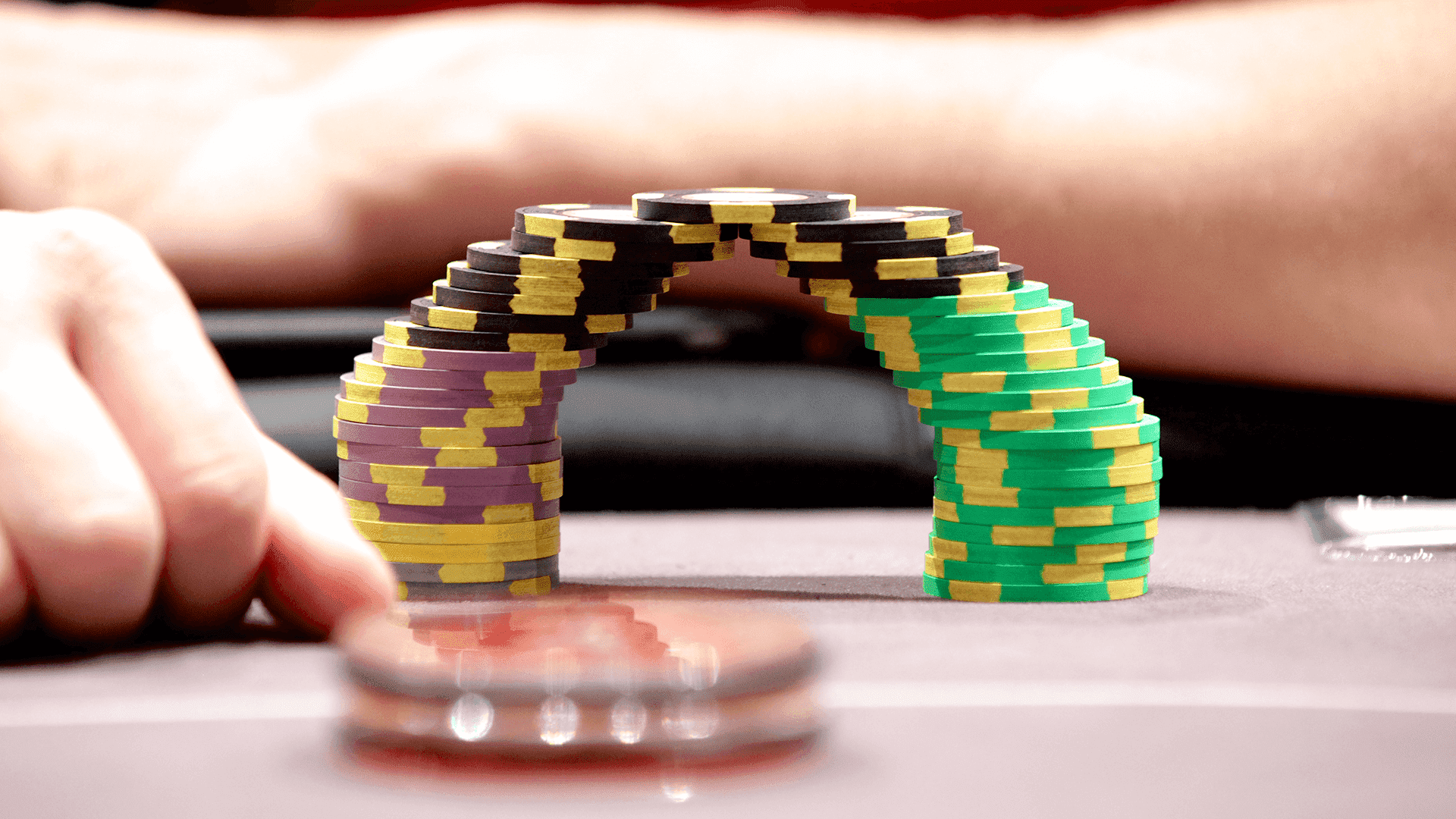
For example, at a 5NL game, Hero raises UTG to $0.15 with K♦ Q♦ and is called by a recreational player in the BB. The flop comes 8♥ 7♦ 4♥ and Hero makes a c-bet of $0.15 into the pot of $0.35. The BB calls and the turn rolls off the 4♣ . Even a weak player will perceive this as a card Hero has missed almost always. While this is true, Hero can, of course, choose to bet the turn with a lot of overpairs and sets, and moreover, is likely to give up plenty of his bluffs now. The weak player, however, does not get this far into a thought process and usually stops at the idea that if nothing changed then there is still no reason to fold. As much of a fallacy as this thought process is, it is very common at these stakes. Bluffing this turn is an incredibly bad idea for Hero against the player pool at these stakes.
It is probably correct to check behind some better potential bluffing hands too such as J♠ 9♠ for example – there just isn’t enough fold equity.
Isolate Limpers and C-Bet Often in Heads-Up Pots
Unsurprisingly, one action that occurs far more often at these stakes is limping. When a weak opponent limps in these games, he is typically advertising a weak range that is planning on playing passively. To maximise our expected value against such a play, we are incentivised to raise, making sure that we get that player to ourselves as often as possible. From there, we can look to extract value with good hands and win many pots when both players have missed the flop by c-betting.
Fold equity being low on later streets does not entail that we cannot pick up pots frequently on the flop. At this early stage of the hand, our opponents’ range remains unfiltered. This means that all of the hands that missed completely are still a part of his range. It is only when he continues to a bet that this starts to change.
Therefore, the common plan against limpers is to apply a lot of pressure on most flops after they limp in and call our raise. One exception to this rule would be low coordinated boards that are easy for limping ranges to hit. Examples of flops that might require us to check back our lower equity holdings against a limp/caller are:
9♥ 7♦ 6♦ or 5♣ 4♣ 2♣ or J♠ 9♠ 7♥ or Q♠ 10♦ 8♠
Fold Almost Everything to Turn and River Raises
Villain raising the turn or the river usually indicates an incredibly strong range at the micro-stakes. Firstly, the Villain gets to this spot with a filtered range as he has usually called or raised pre-flop and then continued on the flop (and maybe the turn). Therefore, when he faces that second or third bet, his range is already a good bit stronger than it was when the flop first appeared. This means that many of the hands that could be bluffing would either have done so earlier or else, folded by now. Moreover, the Villain is facing a bet from a stronger range. Given that we have bet for a second or third time, our range is also stronger by this later point in the hand and raising against it with a bad hand seems counter-intuitive to most opponents.
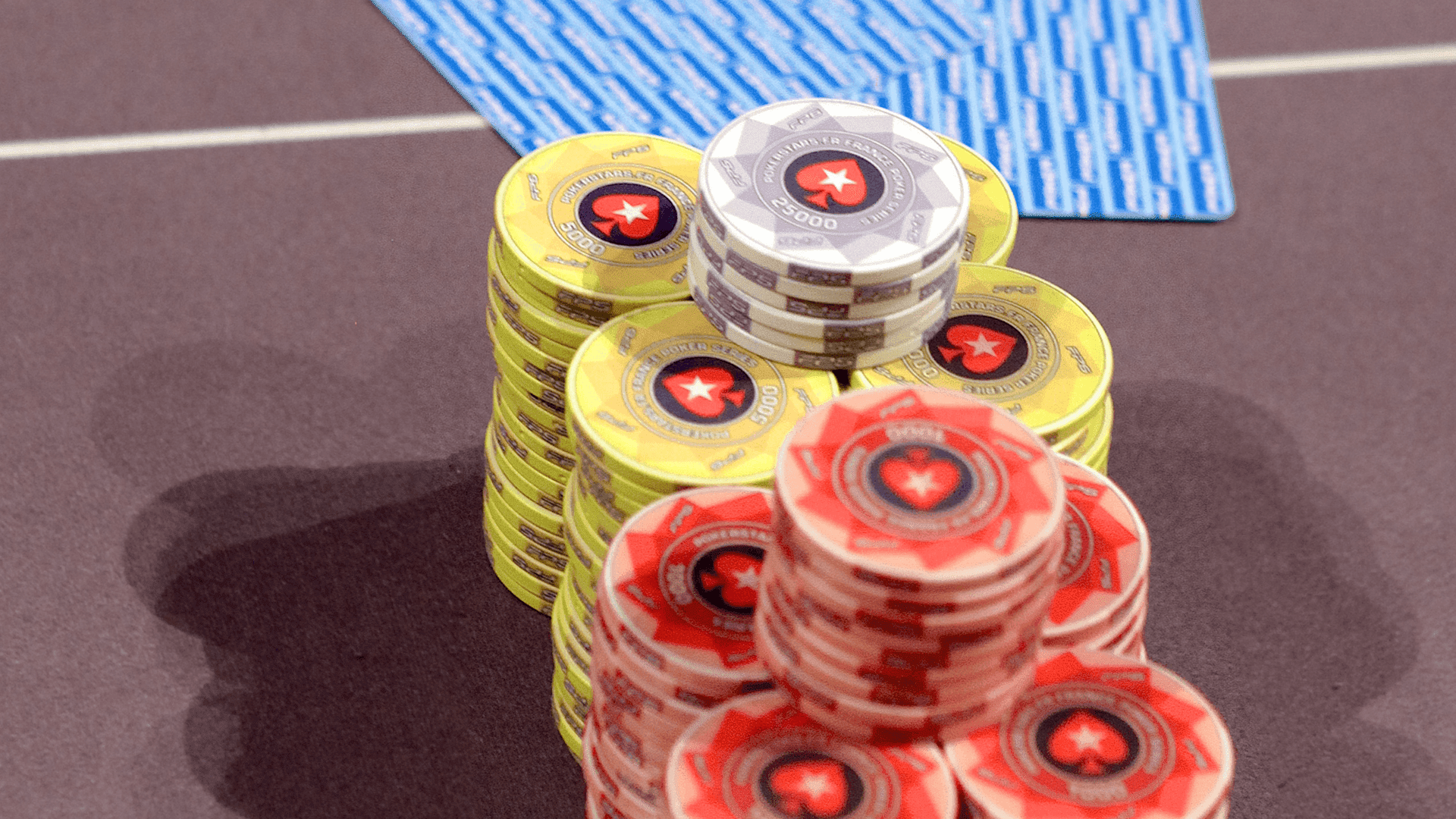
Let’s take an example: Hero opens UTG with A♥ A♠ and an unknown Villain calls on the BU. Heads-up to the flop, which is 7♦ 5♠ 3♠ . Hero goes ahead and bets two-thirds of the pot for value and Villain calls.
The turn is the 9♥ and Hero bets again for value. This time, Villain makes a 3.5x raise. What is the population’s likely range here?
While it is not unheard of to see some semi-bluffs here like Q♠ J♠ , for example, these hands are incredibly likely to have bluff-raised flop or to just call the turn again. The line of flat calling on an earlier street and then raising on a later one is quite an intuitive way for a weaker player to play a value hand. Originally, he is afraid of his opponent folding but then realises that his time is running out to build a big pot and so comes to life with a raise. Trappy looking lines are almost always unbalanced towards nutted holdings. One pair very quickly becomes a bluff-catcher against a player pool that fails to bluff often enough here. The hero should fold without more specific information on this opponent.
Summary
- Refrain from bluffing later streets on blank run-outs against the population. Fold equity is very low in these situations.
- Isolate limpers often and follow up with rampant continuation-betting.
- Fold everything but the strongest hands to raises of your later street bets. These are massively weighted towards the nuts.
- Above all else, do not be afraid to exploit players at these stakes. Having a balanced game is not important.
Condimentum Nibh
Donec sed odio dui. Cras mattis consectetur purus sit amet fermentum. Vestibulum id ligula porta felis euismod semper. Curabitur blandit tempus porttitor.
